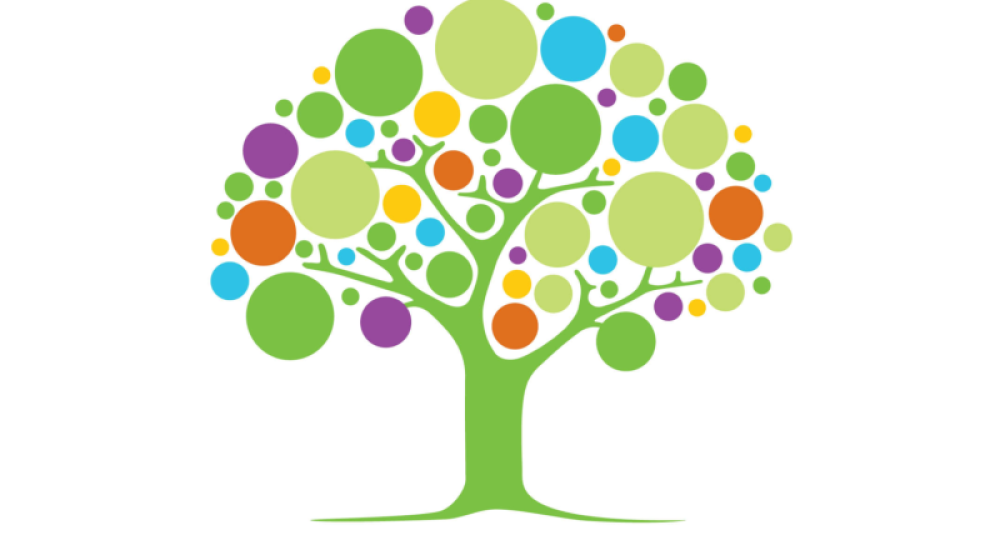According to the world health organization, mental health is defined as “a state of wellbeing in which every individual realises his or her own potential, can cope with the normal stresses of life, can work productively and fruitfully, and is able to make a contribution to her or his community.”
Mental wellbeing is associated with achievement and success. It includes how information is processed and how judgements are made. It is also informed by motivation and persistence to achieve. Mental wellbeing is important for attaining knowledge and experiencing positive growth.
The key contributors to mental wellbeing are:
- progressing towards our goals
- realising our own potential
- feeling engaged, intrinsically motivated and challenged (a sense of flow)
- celebrating our achievementsDid you know?
Did you know?
Progression towards your goals is more important than actually attaining your goals.

Where can I start?
-
Setting Goals
-
A key element of mental wellbeing is feeling a sense of accomplishment.
Start the journey by setting yourself personal and professional SMART goals and using this 5-step cycle.

-
Making Goals SMART
-
Research shows that if we want to accomplish our goals, we need to make them ‘SMART’:
- Specific — Does the goal have outcomes/deliverables rather than activities or processes?
- Measurable — Is the goal quantifiable with clear metrics that are verifiable?
- Achievable — Does the goal rely on a break-through rather than an incremental progression of your skills? Is the goal attainable and balanced between challenges and resources?
- Realistic — Is the goal within your accountability and control? Is the goal consistent with your strengths and interests and aligned to your fundamental values?
- Time-bound — Does the goal have a clear deadline for completion allowing you to develop milestones to verify your development?
-
Reflecting on your accomplishments
-
Take the time to reflect and celebrate your accomplishments by:
- scheduling time to reflect
- keeping a journal of your accomplishments.
-
Identifying and learning character strengths
-
Realising our potential and identifying our strengths positively impacts our wellbeing. To explore your character strengths, you can complete an online assessment or reflect and ask yourself:
- What naturally energises and excites me?
- What did I do as a child that I still do today?
- When do I most feel like the ‘real’ me?
- What hobbies or skills have I picked up really quickly without too much effort?
- What do I naturally pay attention to?
Online assessments
-
Learning mindfulness
-
The power of mindfulness is the ability to explore our thoughts and emotions in the current moment and accept these without judgment.
- Different tools for experiencing mindfulness include: meditation, walking, yoga and tai chi.
- View this TED talk on the habits of happiness by Andy Puddicombe for more about mindfulness.
-
Creating an environment to experience flow
-
To create an environment where you can experience intense engagement (flow), try:
- removing distractions (telephone or email)
- scheduling time in your calendar
- preparing by ensuring you have sufficient time and energy
- choosing a task that you enjoy and will find challenging
- setting clear goals.
For More information
-
Resources
-
Resource Name Source Summary Tips on managing everyday stress Australian Psychology Society A succinct summary of stress and tips on how to manage it. General wellbeing Black Dog Institute An excellent resource on general wellbeing, including ‘What is wellbeing?’ and ways to achieve wellbeing. ReachOut Breathe
(Free app — IOS devices only)Reach Out This app is designed to assist you to control your breathing and heart rate; increase your sense of calm; and, ease and monitor physical symptoms of stress. HabitBull
(Free app — for IOS and Android devices)AppForge Inc. This app helps you to organise your life and easily track your habits, routines and repeat to-do lists. Smiling Mind
(Free app — for IOS and Android devices)Smiling Mind Modern meditation app. Headspace
(Free app — for IOS and Android devices)Guided meditation An app focussing on the skills of meditation and mindfulness. Flow, the secret to happiness TED talk by Mihaly Csikszentmihalyi Mihaly Csikszentmihalyi asks, “What makes life worth living?” A captivating TED talk highlighting the role of flow in understanding happiness, creativity and human fulfilment. What is a flow state and what are its benefits? Headspace An article outlining what flow looks like, its benefits for happiness and productivity, and how to achieve the state of flow. Create a work environment that fosters flow Harvard Business Review, by Steven Kotler An article outlining how to create an environment that fosters flow. Healthy workplaces for managers Heads up A range of information, tips and strategies to support managers with understanding mental health in the workplace and how to provide appropriate support to staff Mental health information for Australian Educators Headspace A range of mental health resources supported by videos containing practical strategies to assist with sleep, mindfulness, positive thinking and more for people working in schools.
What to look out for
-
Losing track of time
-
Losing track of time all the time.
It is important to balance the experience of intense engagement (flow) with being present in the moment. For every flow experience, make sure you take some time to reflect and be in the present moment using mindfulness tools.
-
Setting too many goals
-
Setting too many goals
Ensure your goals are realistic in your current circumstances and that you don’t take on too much at once.
-
Using 'flow' time to complete tasks
-
Using ‘flow’ time to complete tasks that you need to get done
The concept of flow is more than just losing track of time — you need to be intrinsically motivated by the task.
References
-
View
-
- World Health Organization. (2014). Mental health: A state of well-being. Retrieved on 16th
October, 2017, from http://www.who.int/features/factfiles/mental_health/en/
- Bryce, J., & Haworth, J. (2010). Wellbeing and flow in sample of male and female office
workers. Leisure Studies, 21, 249-263. doi: 10/1080/0261436021000030687
- Deci, E. L., & Ryan, R. M. (2000). The ‘what’ and ‘why’ of goal pursuits: Human needs and the
self- determination of behavior. Psychological Inquiry, 11, 227–268. doi:10.1207/
S15327965PLI1104_01
- Kerr, C. E., et al., (2011). Effects of mindfulness meditation training on anticipatory alpha
modulation in primary somatosensory cortex. Brain Research Bulletin, 85, 96-103.
- Martinez-Marti, M. L., & Ruch, W. (2014). Character strengths and well-being across the life
span: data from a representative sample of German-speaking adults living in Switzerland.
Frontier Psychology, 5, 1253. doi: 10.3389/fpsyg.2014.01253
